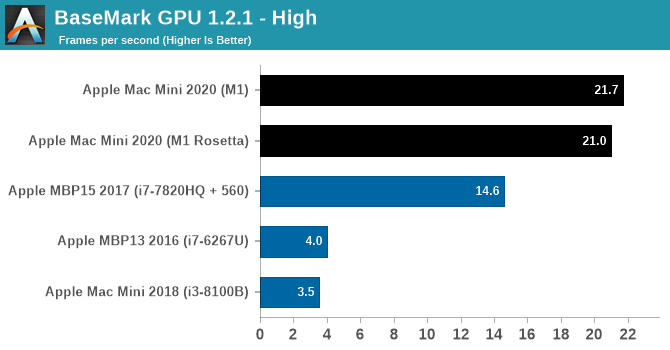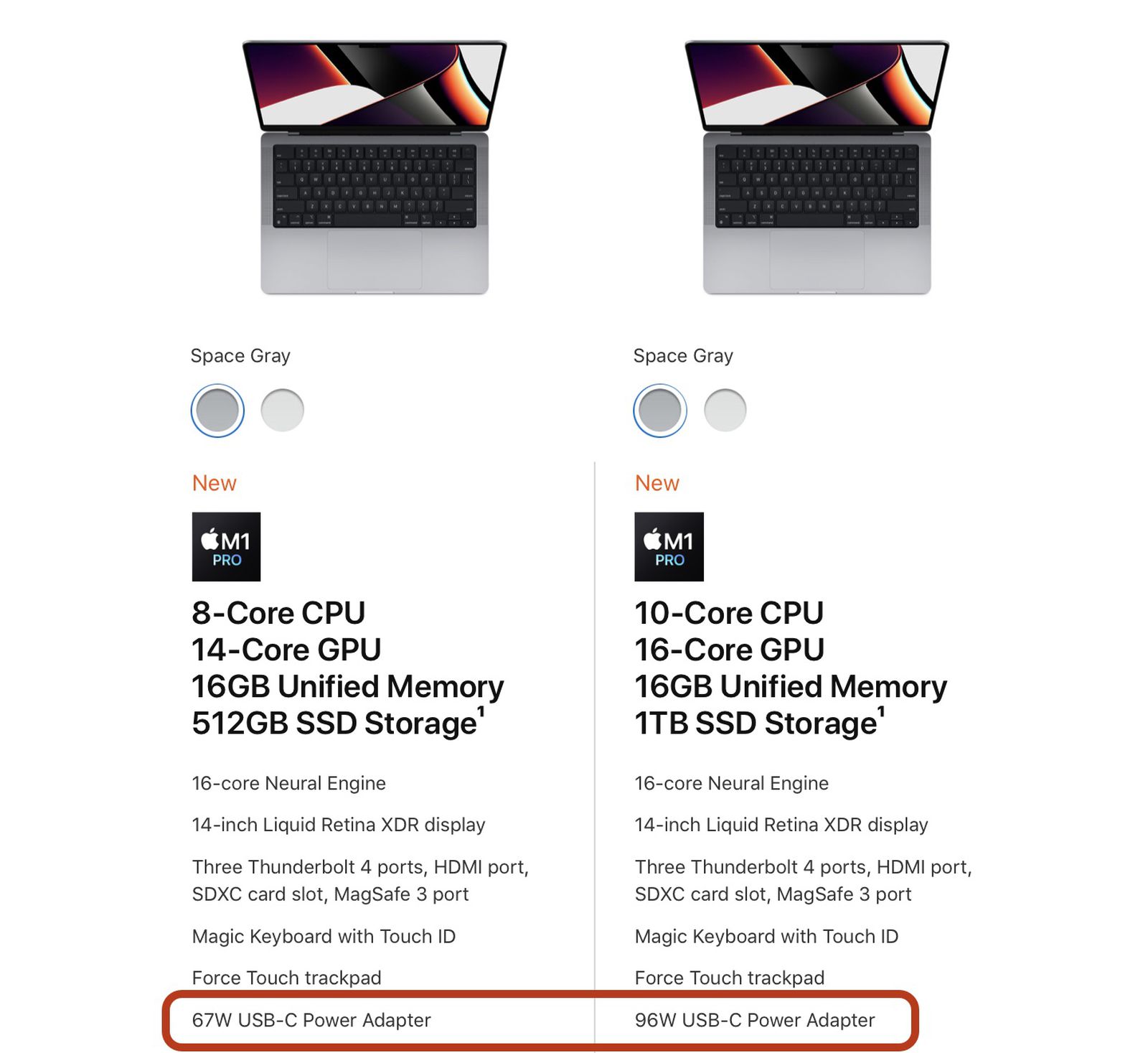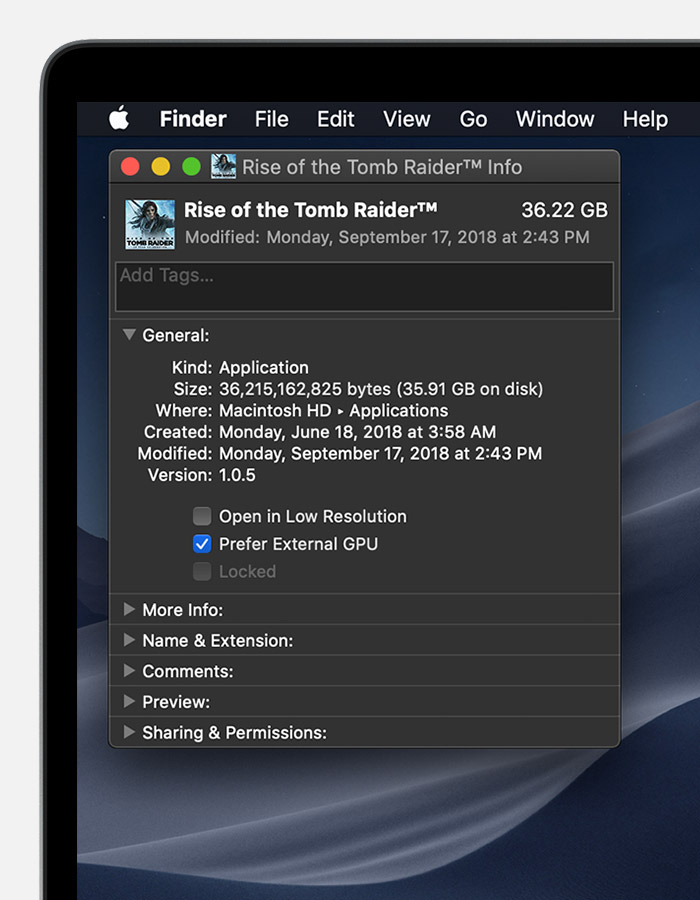Roads & PavementRoads & Pavement
Barefoot
Minimal
Low
Medium
High
Maximal
All around running shoes offer comfort and cushioning for daily runs, jogs, walks, and long mileage. They offer enough versatility for both faster and slower runs and are a great option for those who want one running shoe to do it all.
Fast run or uptempo running shoes are lightweight and responsive. They offer streamlined designs that have minimal uppers and offer a high level of energy return. These shoes are a great option for faster runs in the week or those looking for a livelier experience.
Max Cushion shoes offer premium cushioning with ample ground protection and a stable ride. These types of shoes provide abundant impact protection that softens landings while running at any pace or distance. These types of shoes are best for slower recovery runs and easy days where comfort takes priority.
Racing shoes are designed with optimal performance in mind. These types of shoes have snug-fitting uppers, energetic midsole foams, and features implemented for maximum efficiency. These types of shoes are best for runners looking to gain the ultimate advantage in races but may sacrifice some durability and comfort.
Gym Workout shoes offer a stable and versatile ride. They have a firmer underfoot feeling that provides stability for lateral movements with comfortable uppers. These types of shoes are best for trips to the gyms, cross training, casual wear, and light running. 14 Inch MacBook Pro Starts With 8 Core CPU and Has 2 Power Adapter
Road running shoes feature smooth outsoles that are designed for running on paved surfaces such as roads, sidewalks, and bike paths.
Designed to handle most trail runs, these shoes prioritize comfort and a smooth ride. These shoes are great for anything from smooth singletrack, park trails, and fireroads making them ideal for those who run from their doorstep on streets before hitting the trail.
These shoes are best used for hard, rugged trails such as shale, granite or sandstone where grip on smooth surfaces and underfoot protection are important.
Designed for use in muddy, soggy conditions, these shoes feature very aggressive outsoles that dig deep into soft ground for exceptional traction.
These shoes feature technical outsoles designed to grip snowy and icy trails making them ideal for winter trail running.
Cushioning level, or stack height, refers to how much shoe is between your foot and the ground. For this category, we reference the amount of cushioning below the forefoot as the heel height will be equal to or greater than the forefoot height.
Use Blackmagic eGPU with your Mac Apple Support
0-13mm. The Shoe generally does not have a midsole and feels like there is no cushioning. This shoe is all about feeling the ground underfoot.
14-18mm. The shoe has a thin midsole that allows for a natural running experience. Racing shoes and minimalist shoes are common here. These shoes offer a feeling of being connected to the road or trail.
19-23mm. The shoe has a slightly cushioned feel and may feature added cushioning technologies. Performance training shoes and some trail shoes are common here. These offer protection during footstrike but prioritize a lightweight, grounded experience.
24-28mm. These shoes have a stack height that fall near the middle of the spectrum.The shoes in this category are verstaile and great for all types of runs and distances.
29-34mm. The shoe has a thick midsole and ample cushioning. These shoes are highly protective and absorb more impact than the body.
35mm plus. The shoe has an extremely thick midsole and extra cushioning. The focus is on protection and soft foam underfoot with hardly any ground feel.
Neutral shoes support the foot through a normal range of arch collapse and generally do not have a built-in technology to correct movement.
Stability shoes are a great option for those who overpronate or need added support. These shoes help to limit the inward rolling motion of the ankle while running or walking and assist in guiding the foot straight through the gait cycle. How many GPU cores does a MAC need to use Illustra Adobe
Product Details:
M1 Pro and M1 Max GPU performance versus Nvidia and AMD AppleInsider shop, GPU XMR Mining with iMac M1 or Intel by Raptor Kwok Medium shop, GPU Choices The Mac Pro Review Late 2013 shop, Refurbished 14 inch MacBook Pro Apple M2 Pro Chip with 10 Core CPU shop, Apple expands GPU options for the Mac Pro offering up to 128GB of shop, How to Check Which Graphics Card GPU Your Mac Has shop, How to Check CPU Usage on a Mac shop, Mid 2012 15 shop, Introduction GPU Buyers Guide shop, Unleashing the Mac GPU Redshift for Intel and M1 shop, Macbook Pro GPU Repair Mac Repair Specialists IT Tech Online shop, AMD announces W6600 W6800 PCI E GPU compatible with Mac Pro eGPU shop, python TensorFlow is not using my M1 MacBook GPU during training shop, Deep Learning on a Mac with AMD GPU by Fabrice Daniel Medium shop, G Power Series High Powered GPU Cables For Apple Mac Pro Pactech shop, Apple Mac mini Apple M1 chip with 8 core CPU and 8 core GPU shop, Question on Mac Mini and shop, How to Monitor Your Mac CPU GPU and RAM Usage shop, 2019 Mac Pro GPU options shop, How many GPU cores does a MAC need to use Illustra Adobe shop, Use Blackmagic eGPU with your Mac Apple Support shop, 14 Inch MacBook Pro Starts With 8 Core CPU and Has 2 Power Adapter shop, M1 GPU Performance Integrated King Discrete Rival The 2020 Mac shop, macos Monitor GPU performance on OSX Ask Different shop, How to Manually Switch Graphics Cards on MacBook Pro OSXDaily shop, Passthrough of Integrated GPU iGPU for Apple Mac Mini 2018 shop, Dual Nvidia GPU Mac Pro Mod MacRumors Forums shop, How do I see MacBook Pro M1 Max GPU Core Usage in detail r shop, Refurbished 13.3 inch MacBook Air Apple M1 Chip with 8 Core CPU and 8 Core GPU Gold shop, Refurbished 13.3 inch MacBook Pro Apple M1 Chip with 8 Core CPU and 8 Core GPU Space Grey shop, M1 Ultra CPU is 60 Faster Than 28 core Mac Pro GPU is 80 Faster shop, Are external GPUs for Macs viable in macOS 10.13.4 We tested to shop, High CPU and GPU usage on MacBook Pro 2020 Support Roon Labs shop, Mac Pro First Generation GPU Replacement iFixit Repair Guide shop, How to Use NVIDIA Cards with your Mac eGPU Easiest Method shop, How to View GPU Usage in macOS via Activity Monitor shop, MacBook Pro graphics issues and their causes IT Tech Online shop, Mac Pro 2019 GPU Upgrade Guide in 6 minutes shop, M1 GPU Performance Integrated King Discrete Rival The 2020 Mac shop, Find out which graphics processor is in use Apple Support shop, This is the new Apple Silicon Mac Pro Ars Technica shop, Apple planning MacBook Pro with 16 core GPU Mac Pro with 128 GPU shop, Find out which graphics processor is in use Apple Support shop, Staying power Apple s 2021 Mac Pro GPU is still faster than a new shop, Use Blackmagic eGPU with your Mac Apple Support shop, How To Use An eGPU With A Mac Including Older Models Macworld shop, Does the M2 Ultra Mac Pro Support Discrete GPUs shop, Adding an external GPU to your Mac is probably a better upgrade shop, Blackmagic external GPU for MacBook Pro now available from Apple shop, Adding an external GPU to your Mac is probably a better upgrade shop, Product Info:
Mac gpgpu shop.
- Increased inherent stability
- Smooth transitions
- All day comfort
Model Number: SKU#7281027





